
Why Rest Days Are Just as Important as Training: 8 Key Benefits for Volleyball Players

Matt Nikishin
•
1st August, 2025
In competitive volleyball, it’s easy to fall into the mindset that more training equals better results. But smart athletes know that progress happens during recovery, not just during reps. Rest days aren’t a luxury—they’re a strategic necessity. They allow your body to repair, rebuild, and come back stronger.
Whether you’re a youth player, collegiate athlete, or seasoned pro, understanding the importance of rest days can dramatically enhance your performance, reduce injuries, and extend your playing career.
1. Muscle Recovery and Growth

Every time you push your limits—during sprints, jumps, lifts, or explosive drills—your muscles develop microscopic tears. These micro-tears are normal and necessary for muscle growth, but they only rebuild stronger with adequate rest.
Rest days give your muscles time to repair, grow in size and strength, and adapt to training loads. Skipping this recovery phase can stall progress or, worse, lead to breakdown.
2. Rebuilding Time After Intense Training

Your nervous system, joints, and cardiovascular system also need time to reset. Training intensely every day without rest overloads your body and can cause:
- Fatigue that lingers between workouts
- Poor recovery between matches
- Decreased motivation and sharpness
Rest days allow for system-wide recovery, not just muscular repair.
3. Injury and Burnout Prevention
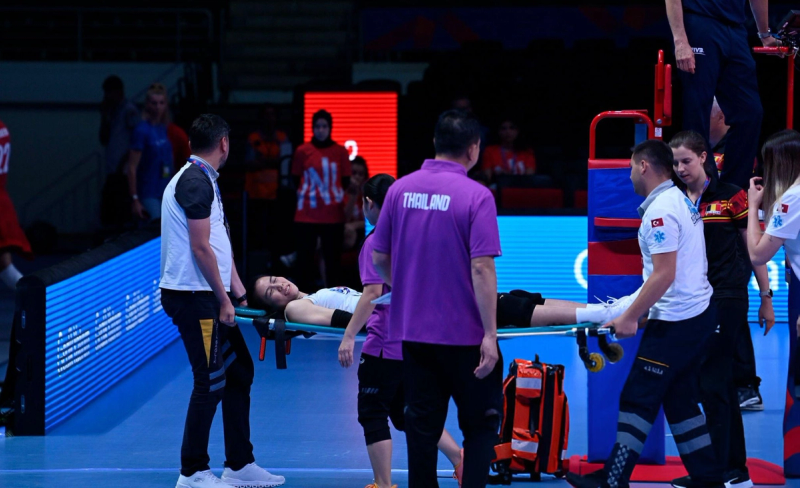
Training nonstop increases the risk of:
- Overuse injuries (common in shoulders, knees, and ankles for volleyball players)
- Mental burnout from fatigue and pressure
- Emotional stress from always being in “go mode”
Taking regular rest days reduces injury risk and promotes long-term consistency, which is more valuable than short bursts of overtraining.
4. Rest Balances Progress with Performance
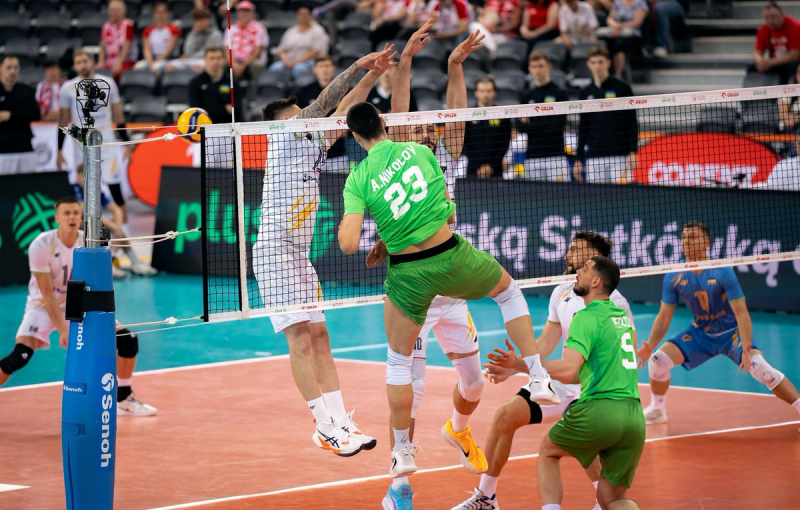
Taking 1–2 rest days per week is a proven strategy used by elite volleyball programs. It helps ensure that:
- Training quality stays high
- You’re not “running on empty” during key sessions or matches
- You remain motivated and energetic throughout the season
Balance is key—rest allows your gains to accumulate without breakdown.
5. Active Recovery vs. Passive Rest
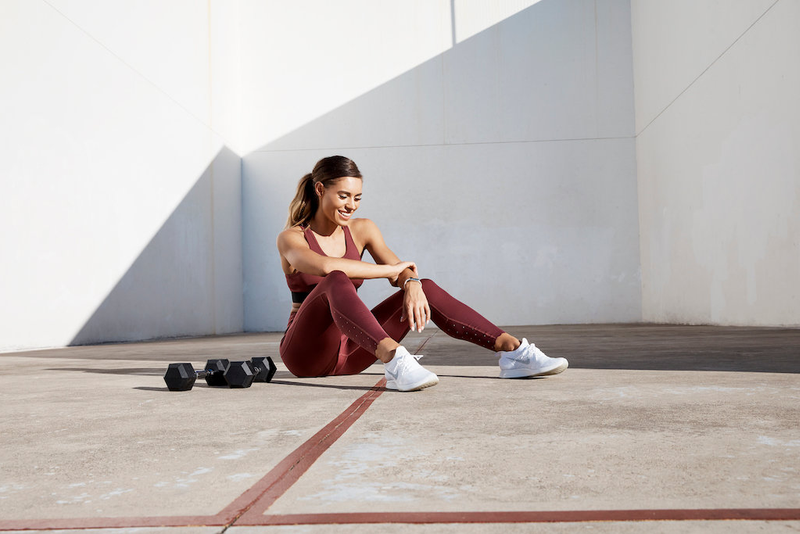
Rest doesn’t have to mean being totally still. Active recovery involves low-intensity activities that boost circulation and reduce soreness:
- Light walking or biking
- Stretching or yoga
- Playing catch or casual volleyball with friends
These activities keep your body moving without overloading your muscles.
6. Nutrition, Hydration, and Sleep on Rest Days
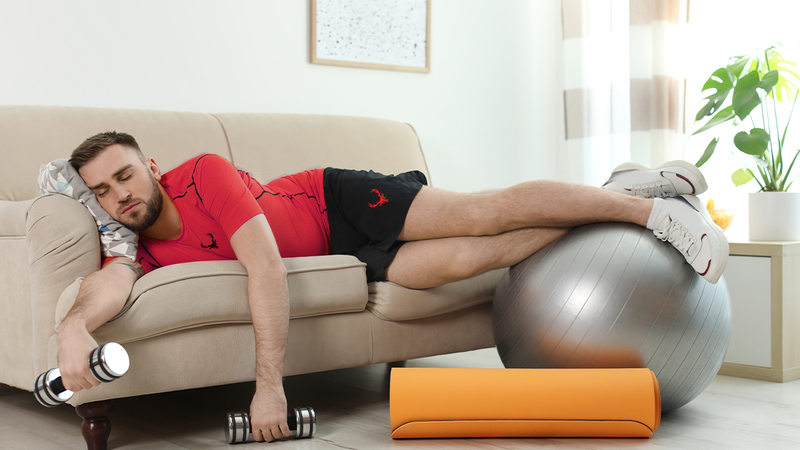
Use rest days as an opportunity to refuel and rehydrate:
- Eat lean proteins and whole carbs to repair muscles
- Drink plenty of water to flush toxins and stay mobile
- Get 7–9 hours of quality sleep to aid cellular recovery
These habits optimize recovery and enhance your next training session or match.
7. Learning to Listen to Your Body

Being a serious athlete doesn’t mean ignoring pain or fatigue. On the contrary, smart athletes know when to say:
- “Today’s not my day—I need to pull back.”
- “My legs feel heavy—I’ll focus on stretching and mobility.”
These decisions prevent long-term damage and help you train harder on the days that matter most.
8. Boosted Focus, Energy, and Court Performance
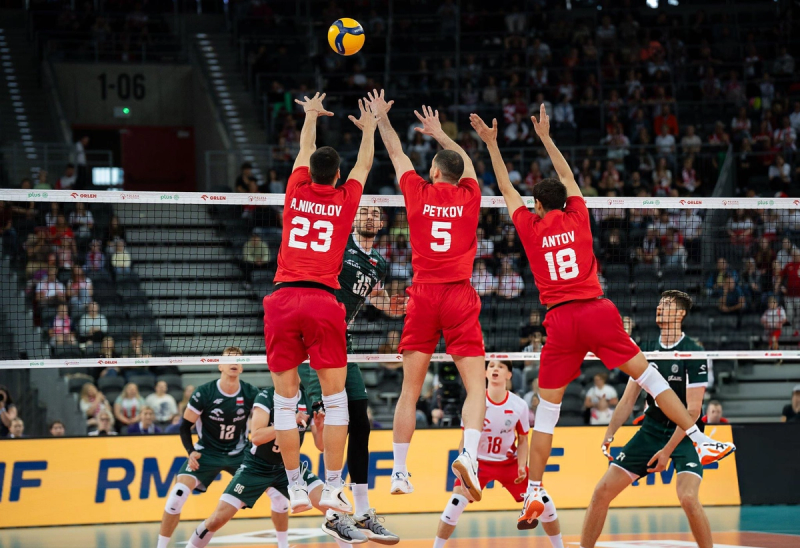
Consistent rest leads to:
- Better reaction time
- More explosive power
- Improved mental clarity
- Higher performance consistency
When you're rested, you make smarter decisions on the court, execute skills with precision, and recover faster between points.
Watch This Video to Know When You Need Rest Day:
📆 Rest Days in a Weekly Volleyball Plan
Here’s how to incorporate rest into a high-performance volleyball week:
- Monday: Conditioning + Court Drills
- Tuesday: Strength + Ball Work
- Wednesday: Active Recovery / Rest
- Thursday: Skills + Light Conditioning
- Friday: Match Simulation / Team Play
- Saturday: Gym + Quick Drills
- Sunday: Full Rest
This structure ensures progress while respecting recovery.
❌ Common Mistakes to Avoid with Rest
- Confusing laziness with recovery: Rest days are purposeful, not passive.
- Training through pain: Leads to injuries and long-term downtime.
- Skipping rest to “catch up”: You’ll end up taking more time off later if you burn out now.
✅ Conclusion: Stronger Through Smarter Recovery
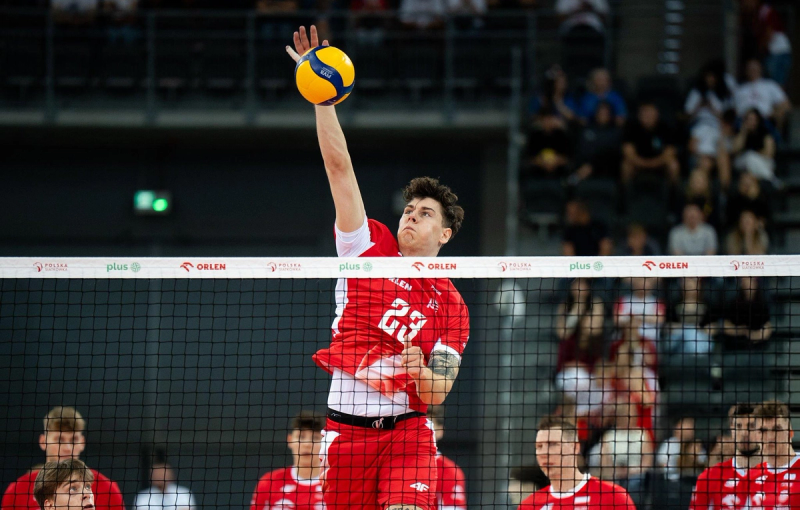
Volleyball is a high-demand sport that taxes your muscles, joints, and mind. The best players understand that training smart means including rest days, not avoiding them. With consistent recovery, you’ll unlock more energy, sharper focus, and better results—game after game.
🎯 Want to Know If You’re Overtraining or Resting Right?
Not sure if your routine is helping or hurting your game? Upload your match video to Rewind and get clear feedback from expert coaches on your energy levels, movement efficiency, and decision-making.
💡 Get real answers, not guesses—and optimize your training for results.
🔗 Try it now at TryRewind.co
📸 Click the image below to start balancing your performance the smart way.
